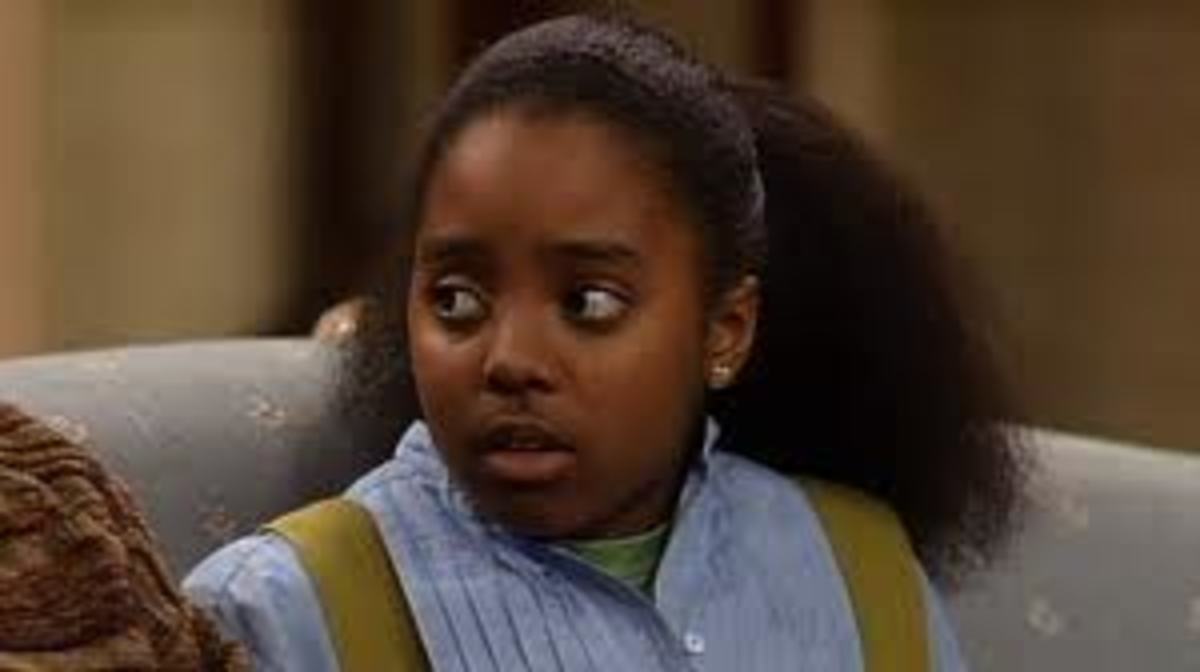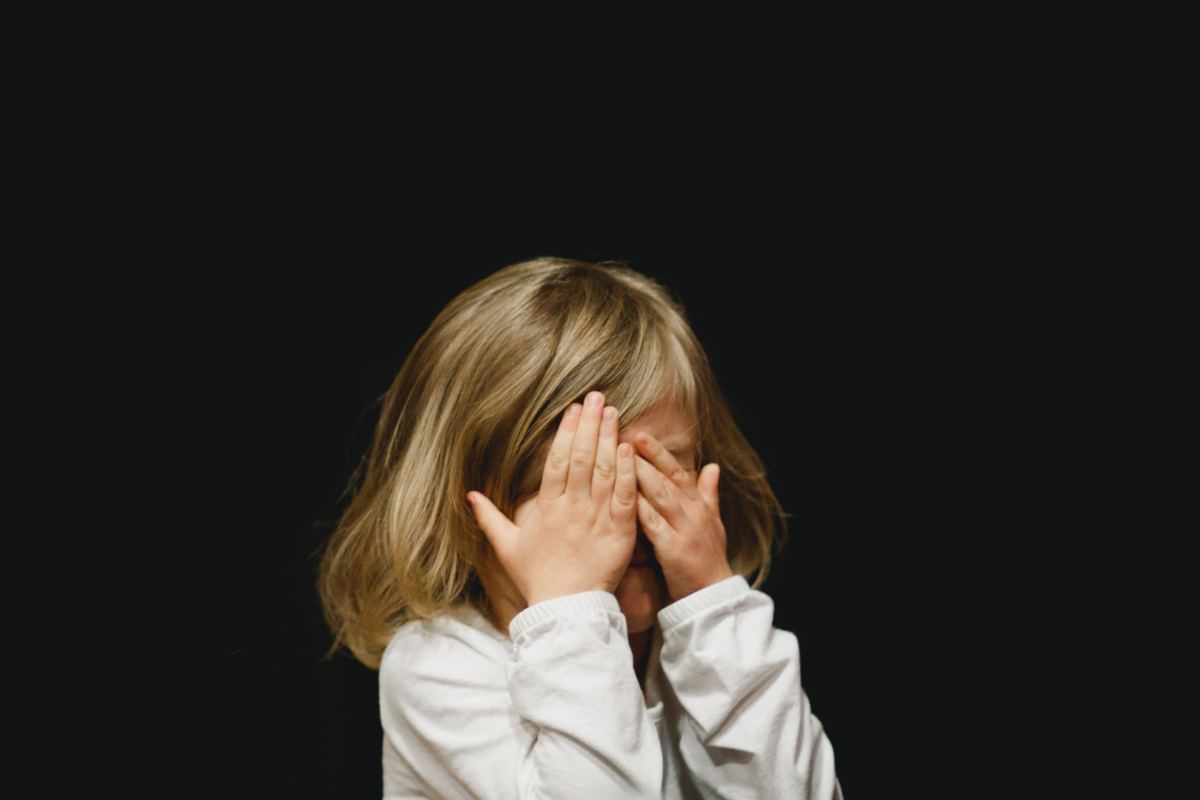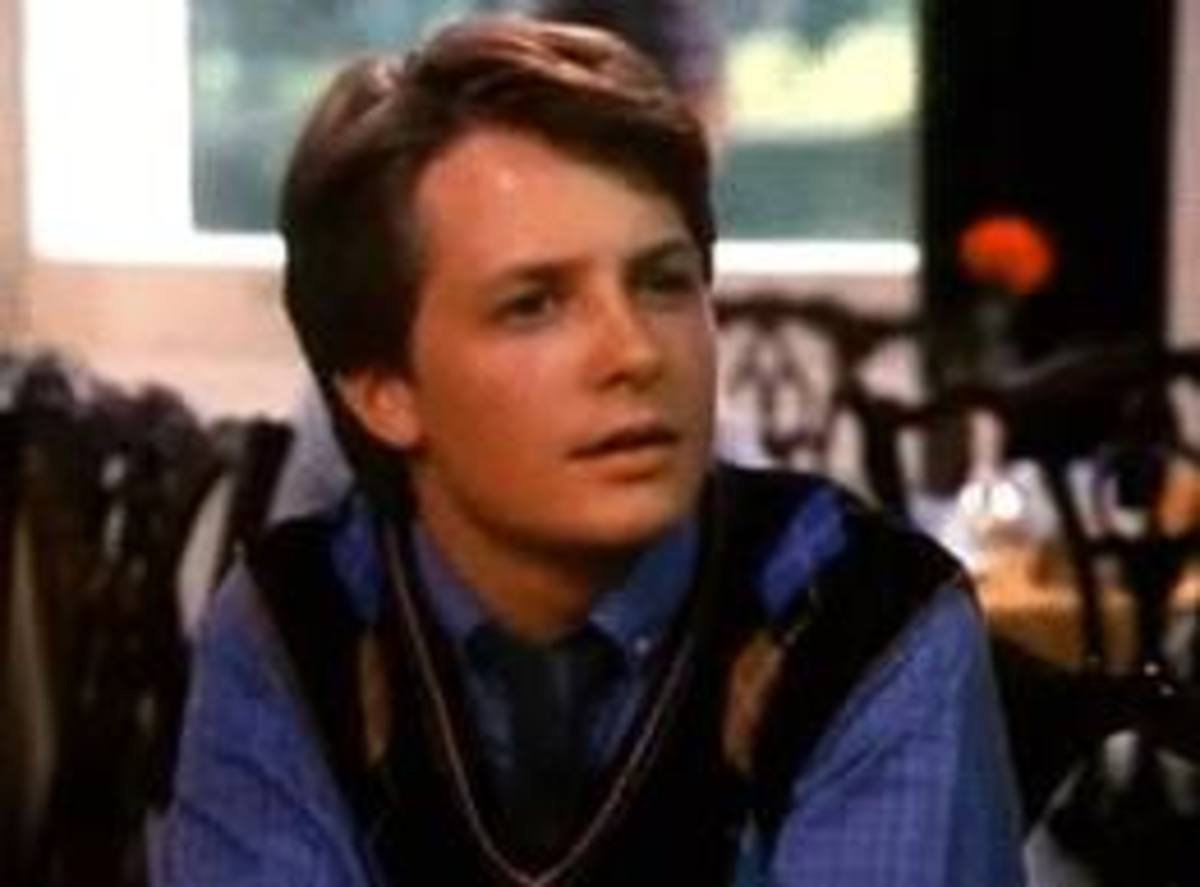Oldest Child- The Cool, Hip Older Sibling Or The Put Upon, Underappreciated Au Pair- YOU Decide!

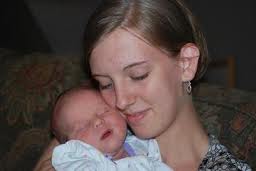
THE ROLE OF OLDEST CHILD IN THE FAMILY

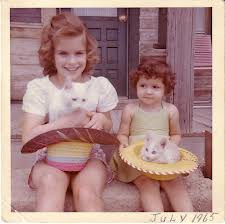

BEING THE STRONG OLDEST CHILD


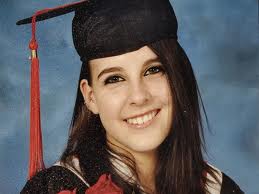
HAVE TO MATURE QUICKER, ASSUME RESPONSIBILITIES EARLIER THAN OTHER BIRTH ORDERS AT SAME AGE
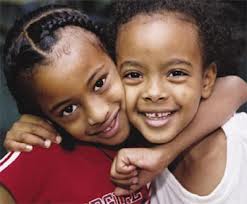
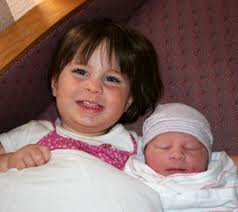
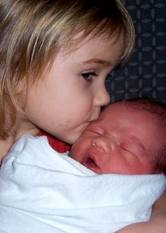
SPECIAL PERKS AND PRIVILEGES REGARDING BEING THE OLDEST CHILD


Being the OLDEST, Let Me Count The Ways......
This is not my experience at all as I am an only child. However, in my life, I had known associates, relatives, and friends who were the oldest in their families. Oldest children were once only children who had their parents' undivided attention. Studies show that parents spend more time with their oldest children than they do subsequent children. Because oldest children had undivided parental attention initially, they developed faster in terms of vocabulary and mannerisms.
Then, there is a new arrival. What is a child to do? The oldest child feels well........dethroned. He/she is no longer the center of his/her parents' universe. There is the first lesson-he/she must share parental time with the new sibling. How does he/she feel about this? The oldest child often regresses to a more infantile or childish actions to order to procure more parental attention and love. Oftentimes, he/she contend that his/her parents have completely abandoned him/her in favor of the younger sibling. It is his/her belief that the new sibling is more important than he/she is. In essence, they feel quite unloved.
There are some oldest children who show their resentment of their newly arrived younger sibling quite covertly. There was an instance which an oldest child request that his parents return the younger sibling because he did not want him! Since the oldest child feels that he/she is dethroned, he/she has to find other ways to have his/her parents accept him/her. Many oldest children become the "perfect child" in order for their parents to approve of them. Still others become overachievers in the life arenas. They portend that they have to be thrice as good as anyone in order to be accepted whether by parents, teachers, peers, and others.
Yes, the oldest child develops into quite the superperson because he/she feels unloved and unappreciated as is and must constantly be "on" in order to be loved and accepted by his/her parents. Now, you have gone from being an only to being the oldest. You are now expected to be stoic and the gatekeeper for your younger siblings. You are admonished by your parents that since you are the oldest, you are to be the more mature one and there is no time to exhibit any childish shenanigans. You are now held to a different(oftentimes harsher) and more higher standard.
The oldest child has more strictures regarding his/her behavior as he/she must be the standard bearer for the younger sibling or siblings so to speak. He/she must be the perfect child in more ways than one. There is not much leeway in behavior in the world of the oldest child in the family. He/she is constantly not to do this or that as the younger sibling or siblings are looking to him/her to set the perimeters so to speak.
The oldest child must always be on his/her best behavior. Nothing less is expected from him/her. There is even more exciting news for the oldest child. No matter what he/she does, it can be never enough for his/her parents who want even more! He/ she must be the most mature, responsible, and other related variables. He/she does not dare......fail. Egad, horrors of all horrors if the oldest child has the audacity to , yes that "f" word.
Now, everyone knows where this subject is going. If the oldest child falls short of parental expectation or misses the mark so to speak, he/she is often punished more harshly. The reasoning is after all, he/she is the oldest and ought to know better. Forget the fact that the oldest child is still......yes, a child.
Many parents fail to acknowledge this important fact. They expect that their oldest child be a little adult. After all, these parents reason, their child is the oldest and therefore should "act their age" as there are younger children in the household. Oldest children are children and should be allowed to be children- be ebullient, not have a care in the world, and to explore/experiment with life and their childhood.
Oldest children are often giving more responsibilities than middle and/or younger children at similar ages. It is not unusual in many families for oldest children to be given responsibilities from early childhood. Many an oldest child lament that his/her childhood are much shorter and more stressful than their middle and/or youngest child siblings.
Another lament of the oldest child is that he/she is always the responsible one in the family. The younger sibling or siblings are looking up to him/her because he/she is seen as the epitome of being the ultimate in the family. He/she, because of his/her age and status, are allowed to do things that they cannot do. Depending upon the age of the oldest child, he/she has later bedtimes, can date, and can go out unsupervised. The younger siblings cannot wait to become older so they can have more freedom.
However, the oldest child is often called to be the family's babysitter, sometimes without notice. He/she sometimes act as a surrogate parent to younger siblings. In rare occasions particularly in medium large to extremely large families, oldest children are expected to care for and rear their younger siblings thus forfeiting their childhood and adolescence. Many oldest children in such families have childhoods as short as the winter solstice has days. In many medium large to extremely large families, there are parents who have an unwritten expectation that the oldest child are to be for them and the younger siblings 24/7/365. It is not unusual for some oldest children to assume caretaking duties for their siblings beginning in early childhood.
In small to medium sized families, the oldest child is viewed as the cool and glamorous advisor, confidant, and/or counselor. The oldest child has all the perks of being the hip, cool older sibling who the younger siblings idolize and want to emulate. Still, the oldest child in small and medium sized families have their own lives and childhoods.
Oldest children in small to medium sized families are placed on a somewhat equal paring with their younger siblings. Even though the child is the oldest, the parents recognize that he/she is still a child and should thoroughly enjoy and to explore all facets of their childhood. Furthermore, oldest children in such families are not pressured to grow up quickly as oldest children in medium large to extremely large families are.
No matter what the family size, oldest children are still viewed by their parents as less childlike than their younger siblings. Many oldest children have leadership abilities because they were placed in positions of responsibilities early in life. Some of them relish being placed in authoritative positions, especially if they come from small and/or medium sized families. Oldest children in medium large to extremely large families had responsibility forced upon them so much that many of them actually avoid any type of responsibility when they become adults. The very thought of having any type of responsibility is totally abhorrent to the oldest child of such families. To them, responsibilities are not pleasant. They are the put upon oldest children.
There are oldest children who are raised to put their younger sibling's or siblings' needs before their own. They were taught by their parents that since they are the oldest, the younger siblings' needs should come first by virtue of the latter's ordinal position. Even in adulthood, many oldest children either support their families emotionally or financially, often putting theirs needs and the needs of their husband and children second place to that of their family of origin. Many adult oldest children believe that they are the pillars of their families. They portend that if they do not do the task at hand, it will never get done.
The oldest child is often alone even though he/she has a sibling or siblings. The average younger sibling or siblings do take on the family responsibilities so to speak. Usually when there is a family crisis, it is the oldest child who takes the onus of the responsibility whether it is caring for an aged parent or parents and/or related familial responsibilities. It is extremely rare for younger siblings to be responsible. They usually take the passive role and depend inordinately upon the oldest sibling to get things done! If it was not for the oldest sibling in the family, the family would fall apart so to speak.
The oldest child is often the responsible one because there are younger siblings who depend upon him/her to set the family standard. He/she is oftentimes held to a higher standard by parents because he/she is older and should know better. He/she is often punished more harshly by his/her parents for infractions which younger siblings often get away with. He/she is sometimes punished for the offenses that younger siblings commit. He/she receives no quarter nor leniency by his/her parents.
It seems that there are more disadvantages than advantages to being the oldest child in the family. While the oldest child can be lionized as being the sibling that the younger siblings want to be like, he/she must be "constantly on". He/she adopts a mask and a persona to ascertain the parents that he/she is the serious one who gets things done. He/she is oftentimes not allowed to be truly himself/herself because he/she must present a certain image to the family. He/she is under strictures pertaining to behavior. He/she is not granted the leeway that his/her younger siblings are granted. The life of the oldest child can be quite daunting to say the least. He/she is constantly walking a tightrope- when will he/she relax and enjoy, if ever!
In summation, being the oldest child is fraught with angst. He/she for a while was the center of his/her parents' universe. Then there is a new arrival. Now, there is the dethronement. Suddenly, he/she is woefully displaced. Now, he/she feels since he/she is displaced by the younger sibling or siblings, he/she must be beyond excellent just to be accepted by his/her parents. Then now he/she is considered to be a little adult who should set a stellar example to the younger siblings. He/she is now in the responsible role- a role which will now last beyond adulthood. He/she will never receive any quarter from his/her parents who have great expectations of him/her! " Will it ever end," wonders the oldest child in angst. Oh well, it is a neverending road from childhood to grave!
© 2012 Grace Marguerite Williams


